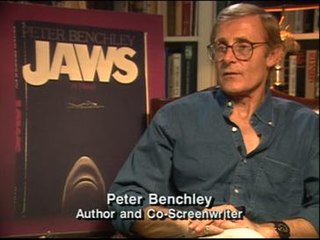A Quote by Arundhati Roy
Fiction is truth. I think fiction is the truest thing there ever was. My whole effort is to remove that distinction. The writer is the midwife of understanding. It's very important for me to tell politics like a story, to make it real.
Related Quotes
Creative non-fiction is such a liberating genre because it allows the non-fiction writer, whether he or she be journalist or essayist, to use all of the techniques of the fiction writer and all of the ideas, creative approaches, that fiction writers get a chance to use, but they have to use it in a true story.
You should never read just for "enjoyment." Read to make yourself smarter! Less judgmental. More apt to understand your friends' insane behavior, or better yet, your own. Pick "hard books." Ones you have to concentrate on while reading. And for god's sake, don't let me ever hear you say, "I can't read fiction. I only have time for the truth." Fiction is the truth, fool! Ever hear of "literature"? That means fiction, too, stupid.
But I think writing should be a bit of a struggle. We're not writing things that are going to change the world in big ways. We're writing things that might make people think about people a little bit, but we're not that important. I think a lot of writers think we are incredibly important. I don't feel like that about my fiction. I feel like it's quite a selfish thing at heart. I want to tell a story. I want someone to listen to me. And I love that, but I don't think I deserve the moon on a stick because I do that.
Burroughs called his greatest novel 'Naked Lunch,' by which he meant it's what you see on the end of a fork. Telling the truth. It's very difficult to do that in fiction because the whole process of writing fiction is a process of sidestepping the truth. I think he got very close to it, in his way, and I hope I've done the same in mine.
I think it's important to humanize history; fiction can help us remember. A lot of books I've read in the past have been so much more important than textbooks - there is an emotional connection with one particular person. I'm very much of a research-is-important type of fiction writer, even for contemporary fiction. I wrote about blogs in America and I've never blogged. But I read many, many blogs - usually about feminist things, or about race, or about hair.




































